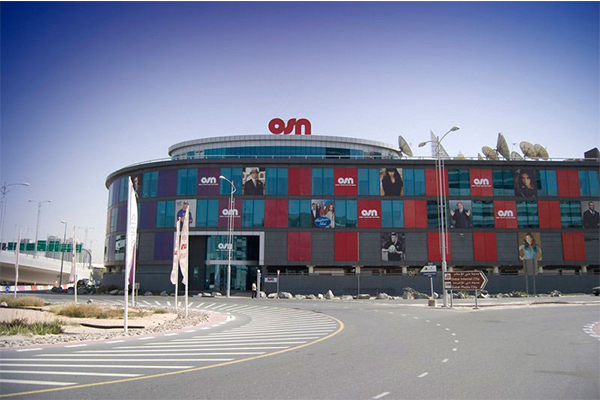The regional entertainment provider leverages the power of Microsoft Security Graph - Cloud to protect its endpoints, emails, identities, data and cloud apps from a range of threats.
OSN, the region’s entertainment network has adopted Microsoft Advanced Threat Protection to protect its digital estate against an increasingly challenging threat landscape.
OSN was faced with the challenge of running multiple third-party security components that were not fully integrated into the corporate environment.
The company sought an end-to-end security and compliance platform to target sophisticated, fileless and zero-day threats. After companywide deployment of Microsoft 365 E5 Security and Compliance, OSN was equipped with a single dashboard which promised to simplify operational complexity and effectively protect against modern threats.
Commenting on the deployment, Ronald Stewart Dsa, IT Director at OSN, said: “Our focus is always our customer, so we needed to adopt a robust security framework which covers prevention, detection and response, endpoint protections, emails, identities, data and cloud apps to ensure the protection of our customers. Microsoft has proven capabilities in protecting digital estates and comes on board as the most trusted partner in our digital transformation journey.”
Yvonne Chebib, Director Oil & Gas, and Growth Services, Microsoft UAE, added: “Microsoft’s mission is to empower every individual and organisation on the planet to achieve more, and cybersecurity is at the heart of that ethos. We spend around $1bn each year to ensure our ecosystem is a safe place for innovators, so they can excel without having to look over their shoulders. Every layer of Azure is infused with the industry’s highest standards of security, and customer data is encrypted both at rest and in transit. Customers such as OSN are rightly concerned about advanced threats, zero-day exploits and other sophisticated attacks. But OSN now joins the many organisations worldwide that trust in Microsoft’s intelligent and versatile cloud.”
Microsoft has two UAE-based cloud data centres – one in Abu Dhabi and the other in Dubai, to serve the Middle East market for cybersecurity.

















































































